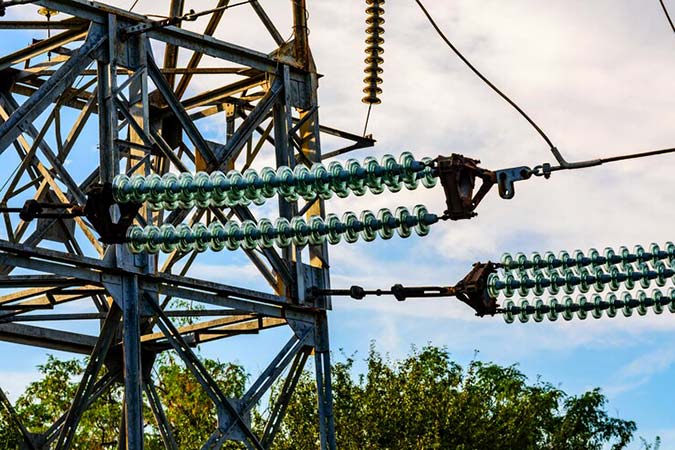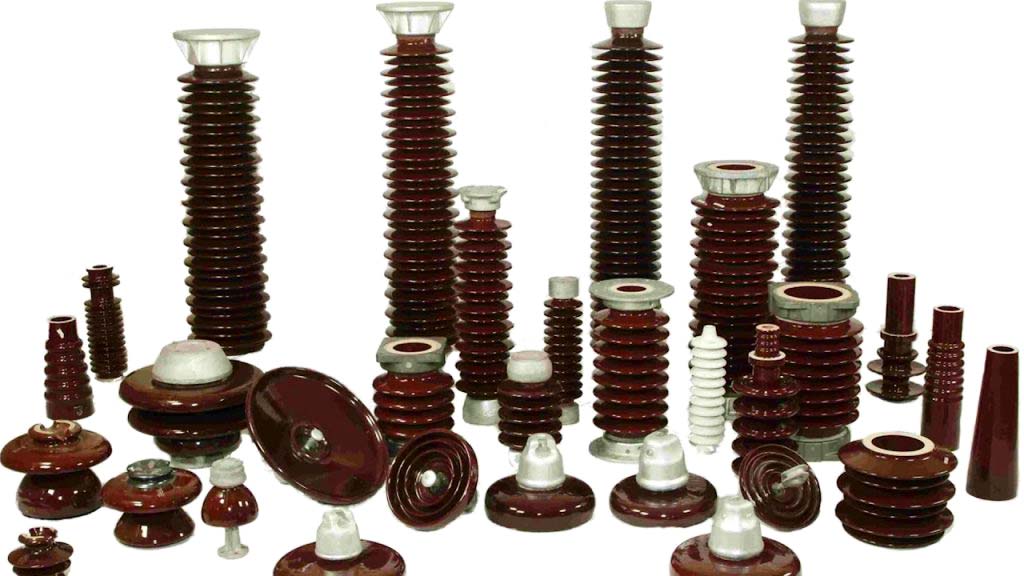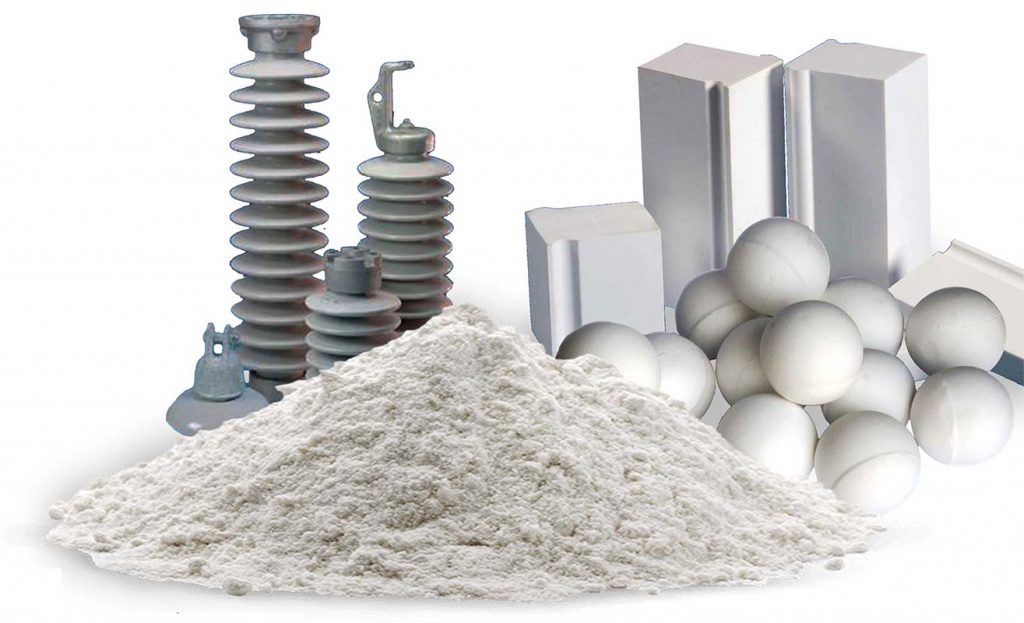High Voltage Insulators
In power systems, electrical insulators are used to prevent the passage of unwanted currents to the ground. Insulation plays an important role in electrical systems. In fact, the insulator is a highly resistant path that virtually no current passes through. In the transmission and distribution system, overhead conductors are generally placed on beams or poles. Poles and beams are both properly grounded. Therefore, the insulator must be placed between the pole or the beam and the current-carrying conductors to avoid the current passing from the conductors to the ground (through the body of the poles or beams).

High voltage insulators generally have two important tasks: their mechanical duties are that they should have good mechanical endurance and be able to withstand mechanical loads under severe conditions such as snow, wind, rain, etc. The other is their electrical function so that they must have good insulating properties and be able to separate the conductors with voltage from the tower and from each other electrically, and in addition to withstand the working voltage of the line, they should withstand shock voltages caused by lightning and disconnecting and connecting the keys, etc.
In order to use these materials optimally, they must have certain characteristics:
- They should be mechanically strong enough to withstand the stress and weight of the conductor.
- They must have a very high dielectric strength to withstand the voltage pressures in the high-voltage system.
- In order to prevent current leakage in the ground, it must have high insulation resistance.
- Their physical and electrical properties should be the least affected by temperature changes.

It is not an exaggeration to say that the reliability of power systems depends on the quality and reliability of insulators, and since the transmission voltage and transmission capacity are increasing day by day, it can be said that the role of insulators will become more important day by day.
The first element that was proposed as an insulator was dry wood, but it was abandoned because it lost its insulating properties after getting wet. Nowadays there are different materials that are used as electrical insulation in the construction of high voltage insulators. These materials can generally be divided into ceramic and non-ceramic (plastic) groups. The ceramic group, which is more important, includes various types including porcelain and glass. However, nowadays porcelain is the best of these materials from the point of view of electrical and mechanical endurance, endurance under different atmosphere conditions, high reliability, etc., and it is accepted by experts all over the world and is known as the best material for making high voltage insulators.
Aluminum oxide is an important part of porcelain production for insulation applications. ALPHA offers different grades of calcined alumina suitable for this application.
The meticulous manufacturing process leads to complete control of products' properties and a suitable product for every technical ceramic.
ALPHA
